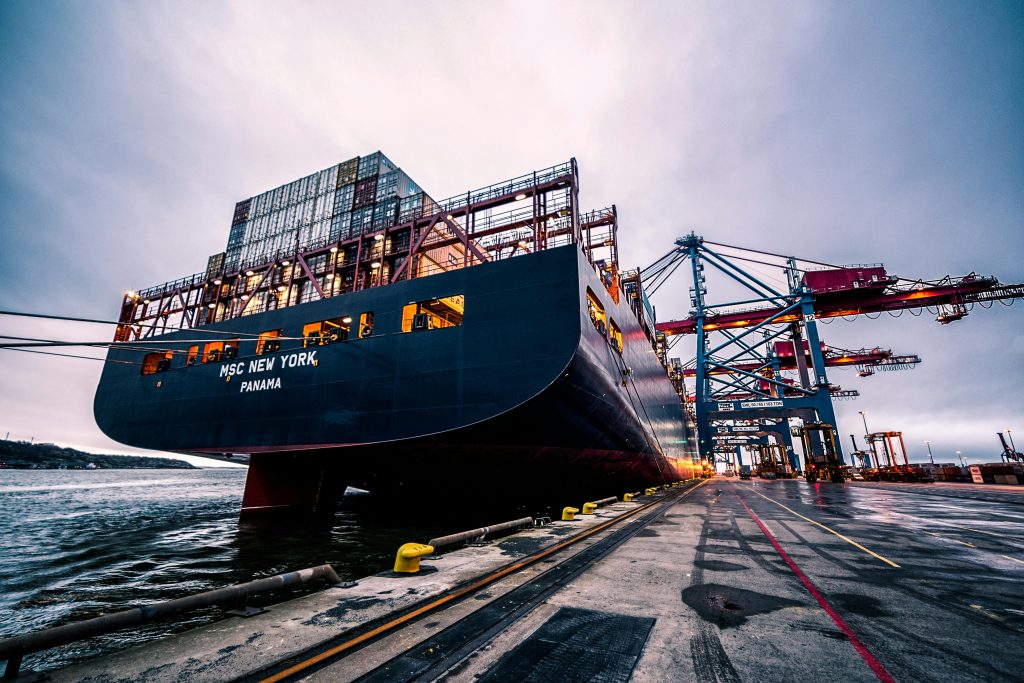Is technology a threat or opportunity to truck drivers?

Technology in recent times has taken many previously non-automated jobs in the industrial world, now according to reports, there are plans to launch the first automated truck. That is to say, we will start having self-driven trucks real soon. Computer scientists and economists say the threat isn’t merely theoretical: Automated cars pose an existential threat to the many Americans who drive for a living: 2.9 million truckers and delivery drivers, 674,000 bus drivers, 181,000 cab drivers and chauffeurs.
The big question is how long it will take auto and tech companies to clear the technical hurdles to turn the streets over to driverless cars. But the quick development of driverless cars has caught economists by surprise. Assessing which jobs were vulnerable to robots in a 2004 book, economists Frank Levy of the Massachusetts Institute of Technology and Richard Murnane of Harvard University reckoned that truck drivers were safe. Surely, a machine couldn’t negotiate rush-hour traffic without a helping human hand. Six years later, Google’s automated cars were on the road, crossing the Golden Gate Bridge, circling Lake Tahoe and cruising down Hollywood Boulevard.
Now, companies from Ford to Tesla to Uber are investing in automated car technology.
“The next big wave of automation will apply to driving,” says Moshe Vardi, a computer scientist at Rice University.
Vardi suspects that truck drivers will be the first victims. Automated trucks can be programmed to go from one warehouse to another, plying express lanes reserved for trucks that let them avoid interacting with human drivers. Vardi notes that vulnerable truckers have much in common with the factory workers who’ve been ousted by machines over the past several decades: They tend to be white men, middle-aged or older, with high school-only educations — the people who’ve formed the core support for Donald Trump.
Uber, which has been testing driverless taxis in Pittsburgh, disputes the notion that automated cars will cost the economy jobs.
“Technology also creates new work opportunities while disrupting existing ones,” Travis Kalanick, Uber’s CEO, and Anthony Levandowski, its vice president for self-driving technology, said in a statement.
For example: “Self-driving Ubers will be on the road 24 hours a day, which means they will need a lot more human maintenance.” On the other side of the coin taxi, drivers fear these would get them out of a job. A cab driver and former steel industry worker, Andy Tucker says he never expected automation would lead to him losing his job in the steel industry and predicts that human drivers will lose their jobs in the near future. It’s safe to say that automation will eventually be a threat to employees and an opportunity to employers, it isn’t a win-win situation for both parties but it is certainly an inevitability.

